Significant dates for cultural events in 2016
Current topicPlanning is underway for a number of significant cultural events for 2016 which encourage people to both participate and reflect on the importance of these ceremonies.
The list below contains dates and information for these events.
National Apology Day, 13 February 2016
Theme: Heal our past, build our future, celebrating our heroes.
This event marks the anniversary of the Apology to Australia’s Aboriginal and Torres Strait Islander people in the House of Representatives on 13 February 2008 by former Prime Minister, Kevin Rudd. The Apology related to past laws, policies and practices that have impacted on Australia’s First Nations Peoples, particularly members of the Stolen Generations. The motion was supported by the Opposition and passed through both houses of Parliament. Brendan Nelson (former Leader of the Opposition) gave a formal response. Many members of the Stolen Generations were present in the Chamber to hear the Apology and thousands more filled the Great Hall of Parliament House and flowed out onto the lawns to watch it on big screens. The Apology was broadcast across Australia.
View information: The Healing Foundation
View information: Australian Government
Harmony Day, 21 March 2016
Harmony Day is a day of cultural respect for everyone who calls Australia home – from the traditional owners of this land to those who have come from many countries around the world. By participating in Harmony Day activities, people can learn and understand how all Australians from diverse backgrounds equally belong to this nation and enrich it.
National Close the Gap Day, 17 March 2016
Every year people are encouraged to hold their own event on National Close the Gap Day to raise awareness about the 10-17 year life expectancy gap between Indigenous and non-Indigenous Australians. Since 2006, the Close the Gap campaign has achieved an enormous amount with community support.
National Sorry Day, 26 May 2016
National Sorry Day is a significant day for Aboriginal and Torres Strait Islander peoples, and particularly for Stolen Generations survivors. The idea of holding a ‘Sorry Day’ was first mentioned as one of the 54 recommendations of the Bringing them home report, which was tabled in Parliament on 26 May 1997. This report was the result of a two year National Inquiry into the forcible removal of Indigenous children from their families, communities and cultural identity. On 26 May 1998 the first ‘Sorry Day’ was held in Sydney. It is now commemorated across Australia, with many thousands of people participating in memorials and commemorative events, in honour of the Stolen Generations.
View information: National Sorry Day Committee (information for 2016 not available yet)
National Reconciliation Week, 27 May – 3 June 2016
National Reconciliation Week is an ideal time for everyone to join the reconciliation conversation and reflect on shared histories, contributions and achievements. It is held annually from 27 May to 3 June and is a time to celebrate and build on the respectful relationships shared by Aboriginal and Torres Strait Islander people and other Australians. Preceded by National Sorry Day on 26 May, National Reconciliation Week is framed by two key events in Australia’s history, which provide strong symbols for reconciliation:
- 27 May 1967 – the referendum that saw more than 90 per cent of Australians vote to give the Australian Government power to make laws for Indigenous people and recognise them in the census.
- 3 June 1992 – the Australian High Court delivered the Mabo decision, which recognised that Indigenous people have a special relationship with the land. This paved the way for land rights known as native title. Mabo Day is held 3 June to celebrate the life of Eddie Koiki Mabo.
View information: National Reconciliation Week (information for 2016 not available yet)
View information: Mabo Day (information for 2016 not available yet)
National NAIDOC Week, 3 – 10 July 2016
NAIDOC is a celebration of Aboriginal and Torres Strait Islander cultures and an opportunity to recognise the contributions of Indigenous Australians in various fields. Its origins can be traced to the emergence of Aboriginal groups in the 1920s which sought to increase awareness in the wider community of the status and treatment of Indigenous Australians. NAIDOC stands for National Aborigines and Islanders Day Observance Committee. Activities take place across the nation during NAIDOC Week in the first full week of July. All Australians are encouraged to participate.
National Aboriginal & Torres Strait Islander Children’s Day, 4 August 2016
National Aboriginal and Islander Children’s Day (NAICD) is a celebration of Indigenous children and is held on 4 August each year. NAICD was first observed by the Secretariat of National Aboriginal and Islander Child Care (SNAICC) in 1988. Each year SNAICC produces and sends out resources to help celebrations for NAICD.
View information: SNAICC (information for 2016 not available yet)
International Day of the World’s Indigenous People, 9 August 2016
The International Day of the World’s Indigenous People (9 August) was first proclaimed by the General Assembly in December 1994, to be celebrated every year during the first International Decade of the World’s Indigenous People (1995 – 2004). In 2004, the Assembly proclaimed a Second International Decade of the World’s Indigenous People from 2005.
View information: United Nations (information for 2016 not available yet)



